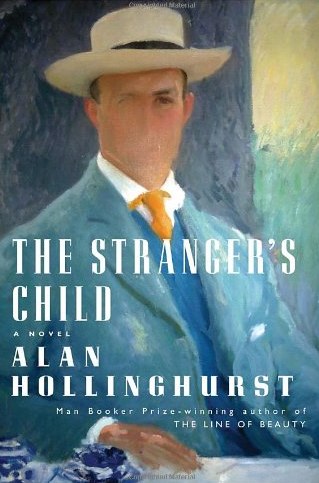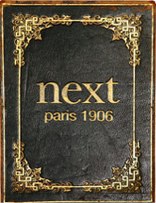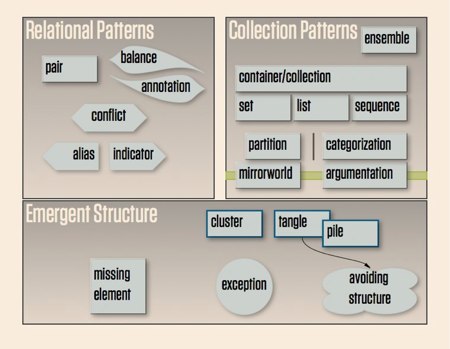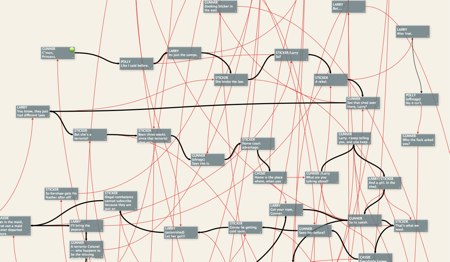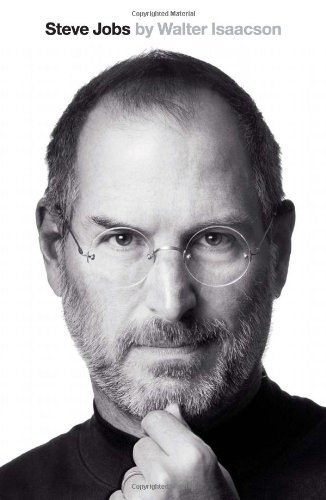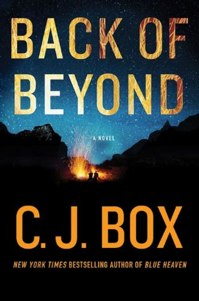Matt Kirschenbaum mentioned Stanislav Datskovskiy’s impassioned memory of Bill Atkinson’s HyperCard, Why HyperCard Had To Die.
Though almost unknown to the sniveling digital trendoids of today, HyperCard was and is one of the most loved software products ever created. It was quite possibly an inspiration for the World Wide Web. Among its satisfied users one could even find the rich and famous.
Datskovskiy is right to look back on HyperCard’s virtues and, as he feels strongly about the matter, ought to set out to recreate them in a modern environment. But when he blames HyperCard’s demise on Steve Jobs’s preference for tyrannically closed information appliances, he’s simply mistaken.
'Quite possibly' is a weasel. HyperCard did influence hypertext research, and though it was never a leader it was always very much in the air. TBL was a hypertext conference regular.
When Jobs returned to Apple, he came back to a struggling company. Its staff was numerous, its sales were few, and its products scattered and unremarkable. Few people thought the company would survive the year. Jobs solution was focus – relentless focus on specific products that could make a difference to the company.
Datskovskiy forgets that HyperCard was originally meant to patch two gaping holes in the Macintosh, at a time (1987) when the Mac had not yet definitively lost to the PC. To make a plausible case for enterprise use, however, the Macintosh needed to demonstrate some way to compete with two well established DOS features:
- DOS batch files let sysadmins string together a series of simple commands. This was not always very useful, but sometimes allowed staff who didn’t know anything at all about computers to get started and to get work done. There was nothing like this for the Macintosh, and the argument that nothing like it was needed was not convincing.
- Lightweight in-memory databases were abundant on the PC but rare on the Macintosh. The database vendors were lukewarm in their commitment to Macintosh development, and database applications tended to expose the weakness of the Mac’s single-floppy design.
When Jobs returned to Apple nine years later, the world had changed. The Mac’s fight for the enterprise was lost. Batch files, in any case, weren’t going to be an issue anymore, since the new operating system (Copland, and then Mac OS X) would support them naturally. Apple had written a better lightweight database and spun off the division that supported it. HyperCard generated plenty of support costs and no revenue. Thanks to its dual mandate, the program itself was unfocused. In any case, it generated support burdens but no revenue for a company that desperately needed focus and profit, and it drew attention to amateur and hobbyist products when the company urgently wanted to establish a premium, professional niche.
Unremarked at the time, but perhaps pertinent now, the Quickdraw patents that protected the file format were then slated to expire in the coming years. That expiration would have exposed native HyperCard files to clones. Apple needed distinctive technologies, not another feature race.
None of the numerous efforts to clone or copy HyperCard got much traction, though Visual Basic had a good run. (ELO undertook to make an open source clone in 2005, estimating the project at 1-2 developer years. No progress was reported.)
Datskovskiy recalls that HyperCard was a nice way to learn to program. It was. But programming was already changing by 1996, and HyperTalk wasn’t going to cut the mustard. (It lives on in AppleScript, of course, but that doesn’t please Datskovskiy much.) There are other nice ways to dip your toe into programming now: MacRuby, node.js, Processing, Smalltalk, Squeak.
